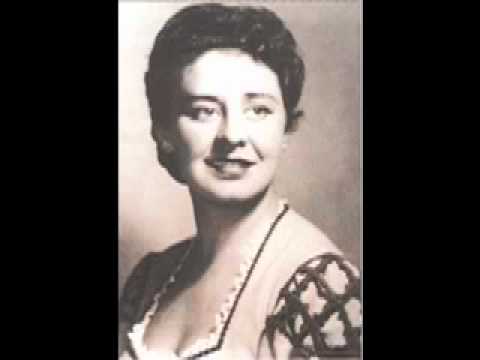from Steven Blier:
I write this from my porch in Orient, Long Island. It’s the day before Labor Day. In front of me, the Long Island Sound; to my left, the Peconic Bay. The weather is heartbreakingly beautiful. This is probably my last truly calm day for a while.Tomorrow, we pack up the summer house, and Tuesday we travel back to New York. And by the time this appears on the internet, I’ll be at Juilliard starting up the new season. September always arouses a lot of mixed feelings in me: a return to the people and the work I love, a farewell to afternoon naps, a return to my beautiful piano, a farewell to the local farm stand. I survived the rigors of last winter, but I dread the thought of snow and sleet. To comfort myself at this time of year, I put aside Berlioz’s “Nuits d’été” and play “September” from Strauss’s “Four Last Songs.” I’ve known this song for fifty years now, and its significance has deepened with age. A lot of great artists have recorded “September.” Schwarzkopf and George Szell first introduced me to it, and their classic performance is still the one I hear in my inner ear. It was one of the first stereo recordings I owned, and I cherish it to this day. It’s meditative, ripe, autumnal. But here’s another sublime singer, Sena Jurinac, singing the piece in a 1950 concert. Hers is a refreshingly straightforward and un-neurotic rendition, pure and innocent. Jurinac belongs to a group of artists I never managed to hear live (a club that includes Teresa Berganza, Rita Gorr, and Boris Christoff). I’ve been a Jurinac collector since my college days. I love her pristine, clean legato line, her silvery spin, her pure attacks, and her sinuous phrases with almost no portamento but rarely any stiffness. Combining refinement with warmth, Jurinac was a true musician, as well as a subtle but powerful vocal actress. She was 30 years old when she sang this performance of “The Four Last Songs” under the baton of Fritz Busch: the cycle had premiered just three years earlier and could still be considered “new music.” Below: the Hermann Hesse poem in a rhyming translation by James McColley Eilers.
The garden mourns.
The flowers fill with cold rain.
Summer shivers
in the chill of its dying domain.
Yet summer smiles, enraptured
by the garden’s dreamy aphasia
as gold, drop by drop, falls
from the tall acacia.
With a final glance at the roses–
too weak to care, it longs for peace–
then, with darkness wherever it gazes,
summer slips into sleep.



0 Comments